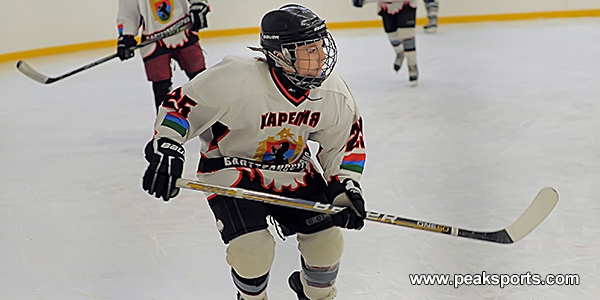How Resiliency Can Help You Overcome Adversity
Resiliency is a characteristic elite athletes possess and every athlete faces adversity. Dealing with adversity is just part of sports.
You are not the only athlete that gets unlucky breaks or experiences setbacks…
- Gymnasts will fall off the beam.
- Baseball players will slump a bit.
- Basketball players will have bad games.
- Golfers will miss crucial putts, tennis players will get unfavorable calls.
- Swimmers will have off meets.
- Triathletes will compete in bad weather.
- Runners will face challenges in training, etc.
All elite athletes will have their share of adversity each season. So, if you are going through some challenging circumstances, you’re not alone.
Athletes face adversity all the time, just listen to the post-game interviews of teams and athletes who won a competition or championship.
Every athlete will talk about two things: adversity and resiliency.
For example, you will hear comments such as:
- “All season long, we had to battle injuries but we kept fighting.”
- “I had some bad breaks early in the tournament but I kept calm and grinded out the victory.”
- “I was sick all week but I stayed positive.”
- “The other team jumped out to an early lead but we stayed focused on our game and climbed back into the game.”
When it comes to adversity, you can’t control what happens to you but you can control how you respond to adversity. You want to learn how to cope with adversity.
Dealing with adversity can help you overcome obstacles and build mental toughness or resiliency.
Let’s see how resiliency works at the elite level…
The Charlottetown Islanders are a junior ice hockey team in the Quebec Major Junior Hockey League and were down 2-0 in their playoff series against Blainville-Boisbriand Armada.
Rather than becoming frustrated over the losses, the Isles stayed focused on the task at hand. The team built on the positives from the first two games and stayed confident in their ability to win the next two games on their home ice.
Isles center, Keith Getson, talked about the resilient mentality of the team and its focus on the next game.
GETSON: “We’re [mad] we’re down 2-0, honestly right now. If people think we’re out of this, that’s good, it fuels our fire. Coming back home, we’re happy now in our building. We did honestly play two really good road games. Hopefully we’ll get some puck luck and take home the wins.”
The mental toughness and resiliency of the Isles fueled their play as the team won Game 3 in overtime 3-2.
Then Game 4, the Isles showed their mental toughness again winning the game in overtime, 4-3, despite being down 3-1 in the third period.
It is the Isles’ mental toughness that helped them tie the playoff series according to center Keith Getson.
GETSON: “We’ve been a resilient group all year and at any point in the game I don’t think anybody thought we were out of it… We’ve come back from a lot of deficits this year.”
Resiliency keeps you in contention. Resiliency keeps you competing.
The most important lesson is the way you respond to challenges during your career. And if you respond in a positive manner, you learn and grow from the experience.
How to Turn Adversity Into Your Advantage:
Remind yourself that coming back from adversity may be difficult but mentally quitting makes coming back impossible.
You have a choice in how you respond to challenges in sports and life.
Making the choice to take on adversity is half the battle of dealing with it.
Related Sports Psychology Articles
- Managing Your Emotions When Adversity Hits
- How to Mentally Prepare for Adversity
- Don’t Let Adversity Affect Your Game in Sports
*Subscribe to The Sports Psychology Podcast on iTunes
*Subscribe to The Sports Psychology Podcast on Spotify
Download a free sports psychology report to improve your mental game!
Learn more about our one-on-one mental game coaching.
The Focused Athlete

It’s probably no secret that you have many opportunities to become distracted in sports. Athletes are bombarded with both internal and external distractions everyday in practice and competition. Focused athletes are able to get the most from their skills because they are more efficient with practice and more concentrated in competition. Athletes who lack focus let distractions run wild through their mind and don’t know how to adjust or refocus.
The Focused Athlete was developed for any level coach, parent, or junior to professional athlete who wants to improve performance and gain a competitive edge. It does not matter if you are a fledgling junior athlete; or a seasoned professional, plagued with distractions; or you just wanting to learn how to improve concentration…
“The Focused Athlete” is a complete system to teach you how to focus like a champion and harness the power of a zone focus every time you step on the playing field, court, track, or course in practice and games!

